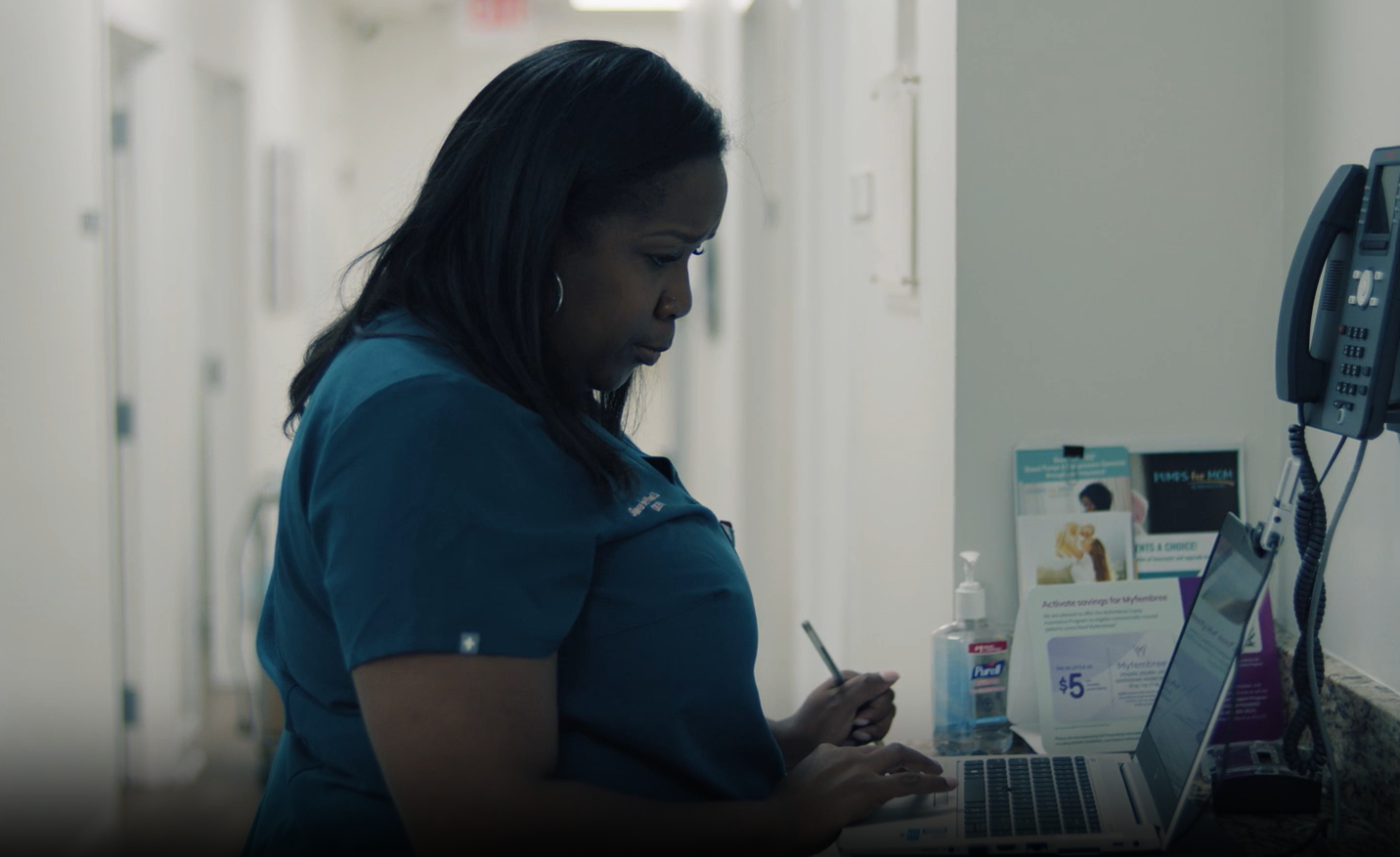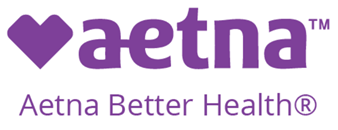At this year’s prestigious Tribeca Festival in New York, a powerful new short documentary titled Doc Albany made its world premiere. Directed by Oscar-winning filmmaker Ben Proudfoot, the film is the third installment in a series that showcases how technology and community innovation can transform lives. But Doc Albany goes deeper. It’s not just a film about healthcare; it’s a human story about access and the unwavering commitment of Community Health Center doctors in underserved communities.
A Story Rooted in Albany, Georgia
Set in the rural town of Albany, Georgia, Doc Albany follows the work and legacy of Dr. Jim Hotz, the founder of Albany Area Primary Health Care (AAPHC). A pioneering figure in rural healthcare, Dr. Hotz helped establish the National Health Service Corps (NHSC), a federal program that tackles the severe shortage of medical providers in rural areas, often referred to as “medical deserts.”
“This is the big problem—how do we get doctors to remote areas?” Dr. Hotz said in the film. “What if the federal government pays new doctors to go to underserved communities?”
Data shows that 77% of rural counties in the U.S. are classified as medical deserts, meaning they lack adequate access to essential health services. Doc Albany opens by explaining the significance of this crisis and what it takes to bring medical care to these forgotten regions.
The Journey of Dr. Sheena Favors-Williams
At the heart of the film is Dr. Sheena Favors-Williams, D.O., FACOOG, Co-Director of Women’s Health Services for Albany Area Primary Health Care, who came to Albany through the NHSC. In exchange for paying off student debt, the NHSC places young doctors in rural communities for a minimum of three years. But after that mandatory period, they’re free to leave.
Dr. Favors-Williams had a choice: return to a city with more resources and opportunities or remain in a town where maternal care is desperately needed. Her decision to stay in Albany speaks volumes about her commitment to care and community.

“I feel like I’ve become a part of this community now,” Favors-Williams said in the film. “It wasn’t until I started having experiences here that I could see myself wanting to stay here to help this community.”
For the women of Albany, her choice means access to safe, compassionate, and consistent maternal health care—a service many rural areas tragically lack.
“I don’t want someone to have to live in New York City to be healthy,” Favors-Williams said. “They should be able to live in Albany, Georgia and be healthy.”
A Testament to Community Health Centers
Doc Albany is more than just a biographical snapshot—it’s a tribute to the essential role that health centers play across the United States. These centers, which serve more than 1 in 10 Americans, are often the only source of primary and preventive care for millions of people living in rural and underserved urban areas.
“Attending the Tribeca Festival with my family was an unforgettable experience, especially sharing it with my daughter Oaklyn, “ said Dr. Favors-Williams. “Seeing ‘Doc Albany’ come to life on the big screen was surreal, and I’m proud to be part of a story that highlights the dedication of rural health care providers. We’re working hard to bring quality care to our communities, and it’s fulfilling to know our efforts are being shared with a wider audience.”
AAPHC has 30 clinical sites serving nearly 55,000 rural patients in Southwest Georgia, regardless of insurance status or ability to pay. Both Dr. Hotz, who was the inspiration for the 1991 Michael J. Fox film ‘Doc Hollywood,’ and Dr. Favors have witnessed the profound health disparities found within communities that face barriers to getting the healthcare they need.
Health centers like AAPHC aren’t just medical facilities, they are anchors of hope and stability. They offer a lifeline to populations that might otherwise go without prenatal care, routine check-ups, chronic disease management, or urgent treatment.
“Community Health Centers are the lifeblood of accessible care in this country,” said Dr. Favors-Williams. “We don’t just treat symptoms – we bring health care to the heart of the community preventing the entire region from becoming a medical desert.”
Doc Albany brings needed attention to the growing challenges these rural areas face while inspiring critical conversations about the health center workforce and closing primary care gaps.
As Proudfoot, the film’s director and two-time Oscar-winning filmmaker, says: “Doctors like Dr. Jim Hotz and Dr. Sheena Favors, who save and transform lives on a daily basis in Albany, Georgia, are real life heroes worth celebrating.”
How do I watch Doc Albany?
The full film isn’t available for the public to view yet, but the trailer is available to view on Tribeca’s website.
If your organization is interested in hosting a screening of the full film, contact the National Association of Community Health Centers: communications@nachc.org.
NACHC and Publicis Sapient, which produced “Doc Albany” along with Ben Proudfoot and Breakwater Studios, have partnered on a campaign to promote the film. Both organizations will leverage the film to raise awareness of the role community health centers play in providing vital healthcare in medically underserved areas and educate the medical community about the potential for digital tools in the healthcare space to improve efficiency, accessibility, and quality of care for patients.





